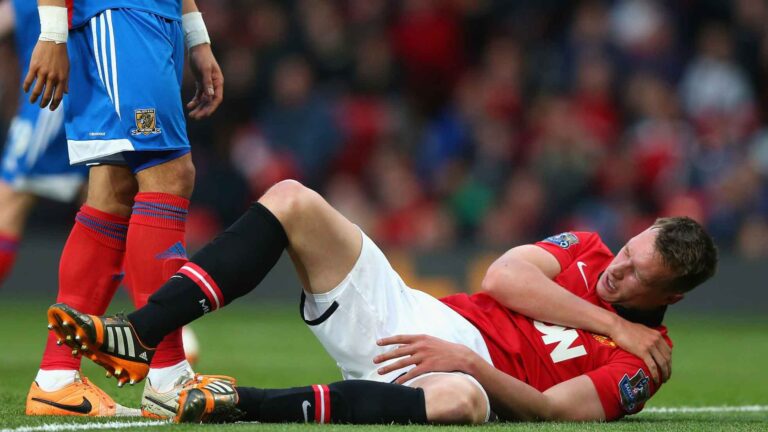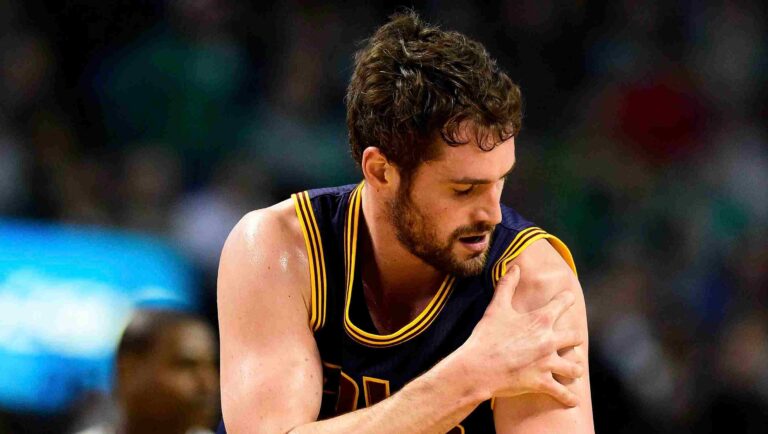Injury-causing slips and falls are rather typical. In fact, it’s believed that slips and falls account for more than 8 million hospital emergency room visits annually.
Although many various types of injuries might happen, falling often results in shoulder problems. Usually, when someone is falling, their first action is to break the fall by reaching their arms forward. When we do that, the shoulder receives the majority of the impact upon landing.
The shoulder is the most mobile joint in the body because it typically has a wide range of motion. Yet, due to its flexibility, it is not very stable and is susceptible to injury.
The shoulder blade and the humerus, which is the extremity of the upper arm bone, make up the shoulder (scapula). The humerus’s spherical distal end slides into a scapular socket. There is a collection of muscles and ligaments around the shoulder. The shoulder bones are joined together by ligaments. Tendons link the bones to the muscles around them.

COMMON FALL-RELATED SHOULDER INJURIES
Here are some of the more typical shoulder injuries caused by falls that we have treated, despite the fact that the intricacy of the shoulder can put you at risk for many other sorts of injuries :
1. Dislocated Shoulder :
This joint can get dislocated if you fall and hit your outstretched arm with enough force. Your shoulder blade’s cup-shaped socket, which houses your upper arm bone, has the potential to dislodge. When your shoulder dislocates, it can hurt and you might find it impossible to move your arm at all as it hangs down close to your side. Together with the severe pain, the region may be swollen and bruised.
2. Arthritis :
Mobility problems are caused by osteoarthritis, which can start to manifest in some persons as early as age 50. This happens as joints start to deteriorate and the cartilage that lines the bones of the shoulder joint loses its smooth surface. The most frequent cause of osteoarthritis is overuse. Several shoulder arthritis treatments are available, depending on how painful it is. The usual treatments include cortisone injections, rest, and NSAIDs. The shoulder joint needs to be replaced sometimes.
3. A rotator cuff tear :
A rotator cuff tear affects the muscles and tendons that support the stability of the upper arm bone in the shoulder socket. The force on these soft tissues, as you try to break your fall, can easily cause the muscles and tendons to partially or completely rupture. A rotator cuff injury can be the cause of severe shoulder pain and difficulties moving your arm above your head.

4. Strains :
An abrupt increase in activity can put a lot of strain on the shoulders and cause flexibility loss. Middle-aged persons frequently experience this issue, particularly those who don’t regularly exercise but occasionally participate in a strenuous sport.
Overuse injuries are uncomfortable and painful, but they can frequently be managed with rest, NSAIDs, and stretching exercises.
5. Freeze shoulder :
It mostly occurs between the ages of 40 and 60 and affects roughly 1 in 50 Americans. The causes are not entirely known. Those who have diabetes, thyroid disease, and heart disease may get a frozen shoulder. Moreover, it may take place if the shoulder has been motionless for a while. It can occur when scar tissue forms after a small shoulder injury heal, impairing joint motion. The shoulder’s suppleness is decreased by the scar tissue, which also increases the risk of injury. The primary symptom is being unable to move the shoulder pain-free in any direction. NSAIDs, cortisone injections, or physical therapy are all possible treatments. By stretching before engaging in an activity, you can minimize future damage and stiffness.
It’s crucial to recognize and prevent common injuries if you want to maintain your shoulders healthy and pain-free. Consult Specialty Care Clinics at (469) 545-9983 to make an appointment.
